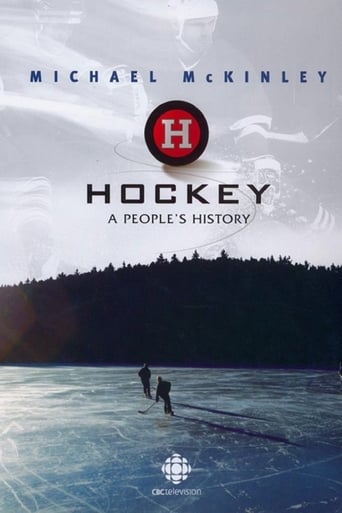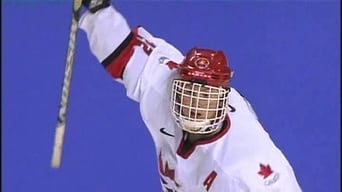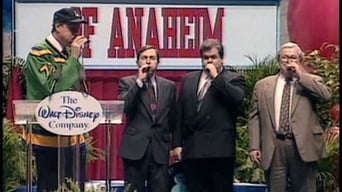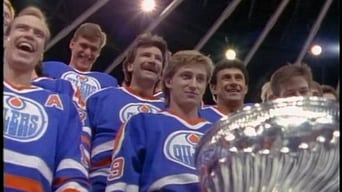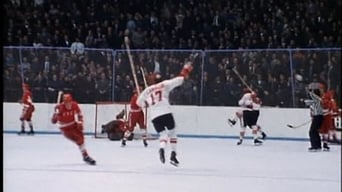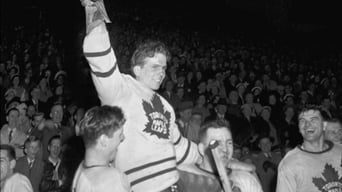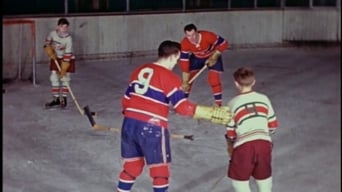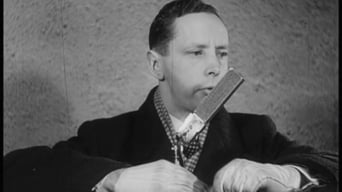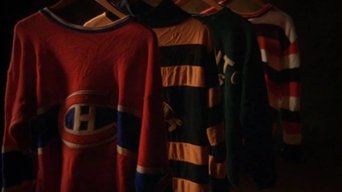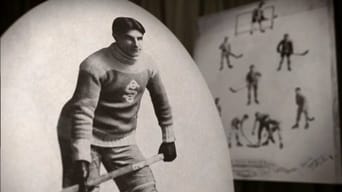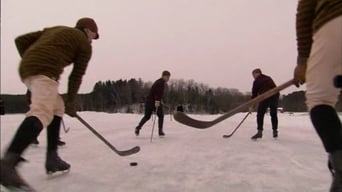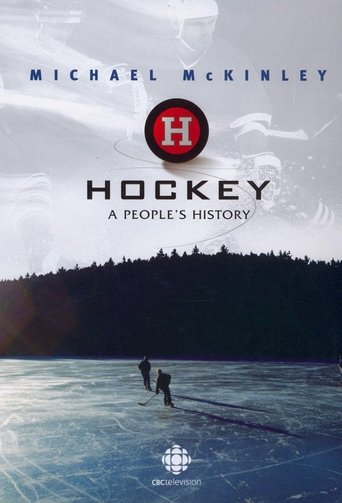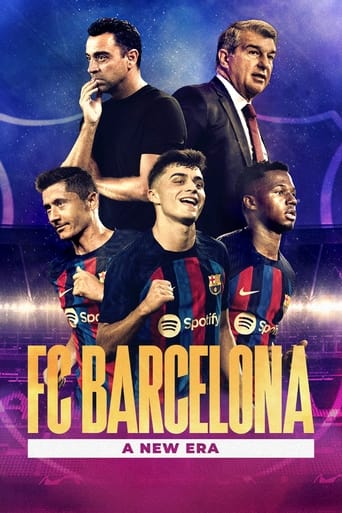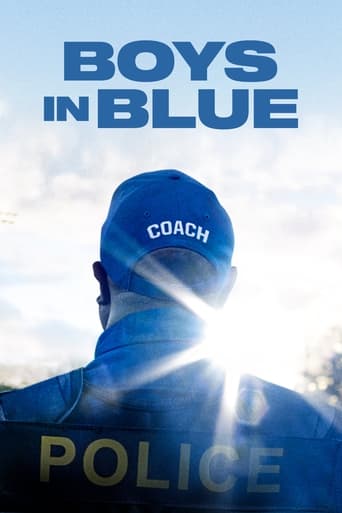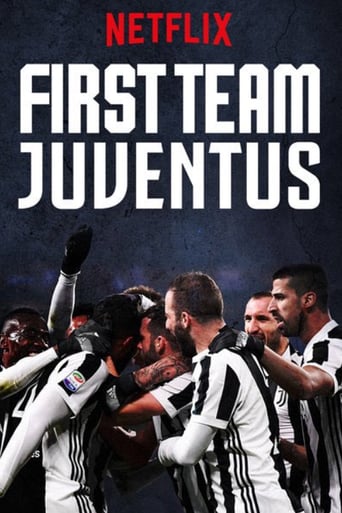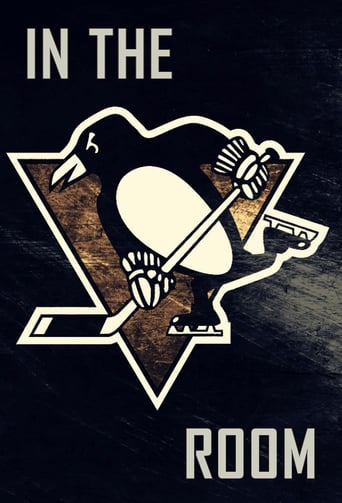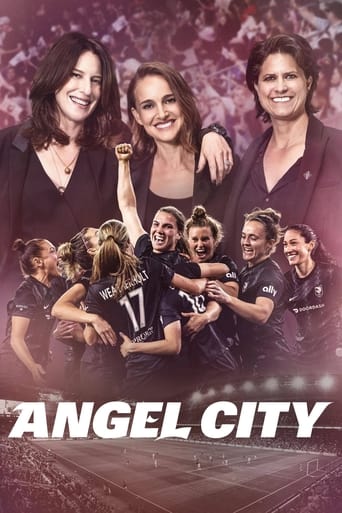Hockey: A People's History Season 1

Hockey: A People's History is a television documentary series from the CBC's Documentary Unit. It premiered on September 17, 2006. It aired on Sunday nights, in two-episode blocks, on CBC Television; repeats were made later in the week on CBC Newsworld. Much like previous series Canada: A People's History, the series told the history of the sport of ice hockey from a personal perspective, giving voice to various individuals, major and minor, as the sport grows and evolves in Canada. The series ran for 10 hours in total, and was shot in HD. Episode narration was by actor Paul Gross.
Watch NowWith 30 Day Free Trial!
Hockey: A People's History
2006
Hockey: A People's History is a television documentary series from the CBC's Documentary Unit. It premiered on September 17, 2006. It aired on Sunday nights, in two-episode blocks, on CBC Television; repeats were made later in the week on CBC Newsworld. Much like previous series Canada: A People's History, the series told the history of the sport of ice hockey from a personal perspective, giving voice to various individuals, major and minor, as the sport grows and evolves in Canada. The series ran for 10 hours in total, and was shot in HD. Episode narration was by actor Paul Gross.
Watch Trailer
Hockey: A People's History Season 1 Full Episode Guide
As the millennium turns, the game that has become the soul of the nation is in need of some soul searching. Canada sets out to reclaim the game. The high cost of hockey combined with a relentless pressure to win has taken the fun out of the game. Ken Dryden chairs the Open Ice Summit, the first national hockey conference of its kind, to look for answers. Making the game fun again, taking violence out of hockey, and finding better ways to teach the game are all initiatives that come out of it - initiatives that lead to a renewal of the game at the grassroots level. At the same time, veteran players like Mario Lemieux and Hayley Wickenheiser prepare for their greatest challenge - winning gold for Canada at Salt Lake City. With a lucky loonie under the ice, Wickenheiser and Lemieux lead their teams to victory. Hockey has become Canada's gift to the world, and the 2002 Olympics usher in a new era of Canadian stewardship for the game Canadians call their own.
In the nineties, two Canadian NHL teams follow our biggest stars into the United States. Hockey suffers scandal and heartbreak with the Alan Eagleson affair. In all this darkness, women's hockey is a ray of light. 1.5 million fans watch the Canadian national team win the first-ever World Championship in 1990. France St-Louis plays at that game, and continues playing all the way to Nagano where women's ice hockey makes its Olympic debut. The women are defeated by the Americans. But the greater upset is the men's team, finally made up of NHL stars, losing to the Czechs and placing out of the medals. As the decade of discontent comes to a close, Canada's game is in need of renewal.
Hockey need new heroes in the 1980's. The game of skill has degenerated into a boxing match on ice. Canada has lost the Stanley Cup, it's lost the Canada Cup, and hockey has lost its luster. The Great One - Wayne Gretzky - arrives, restoring hope. The game enjoys a renaissance, and a young girl from Toronto uses the new Charter of Rights to challenge gender discrimination in hockey. But for many Canadian fans, the decade ends in tears, with news of Wayne Gretzky's trade to Los Angeles.
The 1972 Summit Series between Canada and the U.S.S.R. started as an exercise in diplomacy. It ended in a war on ice. A defining moment in Canadian history - when hockey became the soul of a nation.
A tale of two cities, as Montreal and Toronto are fierce rivals, on and off the ice. The two cities couldn't be more different. The Maple Leafs build a tough, defensive team that reflects the character of the city. Players like Tim Horton personify this team. He is strong, plays defence and is from the railway and mining towns of the Canadian Shield. Montreal has style and finesse, as personified by their captain, Jean Beliveau. As part of the 1967 Centennial celebrations, a large number of Canadian towns and neighbourhoods build arenas. These are places for Baby Boomers to play hockey and a sign of the democratization of the game. The arenas also become meeting places important to town life.
Television meets hockey and a Saturday night tradition is born. In Quebec, everyone's watching Maurice Richard. In addition, to scoring goals, he is a fearsome player who fights as hard as he plays. When he is suspended by NHL President Clarence Campbell for hitting a referee, riots break out in Montreal. English Canadian fans are watching the exploits of a tough-as-nails kid from Saskatchewan, Gordie Howe. Playing for the Detroit Red Wings, Howe almost dies in 1951 following an on-ice collision with Teeter Kennedy. He recovers and goes on to enjoy the longest career in professional hockey.
In the depths of the Depression, the NHL is on the brink of collapse but radio carries the magic of hockey across the country. Through the years of the Great Depression, hockey becomes the national pastime. The advent of radio provides a reach for the games as never before. Foster Hewitt describing the antics of the Maple Leafs creates heroes and household names - the Conacher brothers, King Clancy and Ace Bailey. The Alkali Lake Braves are an aboriginal team from Alberta that travels west challenging opponents in established amateur leagues. They experience racism and are often unwelcome in the communities they play in - but they find success, and demonstrate the skill and determination of native players of the game.
Hockey goes to war. Young men fight overseas and women take their place in pro hockey. The Maple Leaf goes from the battlefield to the rink ans Conn Smythe returns from war to build a hockey empire in Toronto. As a nation comes of age, hockey takes its place on the international stage at the Olympics in Belgium and the new Madison Square Gardens in New York.
As the new century begins, millionaires and mercenaries team up to create professional hockey. Farm boys and factory hands like Cyclone Taylor get rich playing for pay, and the schemes of Senator M. J. O'Brien create the legendary Montreal Canadiens and lead to the creation of the NHL. Frank and Lester Patrick bring hockey across Canada and for 13 years it's truly the Canadian game. In 1915, Frank and the Vancouver Millionaires demolish the Ottawa Senators and the Stanley Cup comes to the west for the first time. But their greatest legacy is the creation of the modern game of hockey. The blue line, froward passing, line substitutions, post schedule play offs, points for assists - the Patricks are responsible for the game as we know it today.
The origins of hockey can be traced back to the ancient pyramids, but when the puck is dropped on a strange new game one winter's night in 1875, a young country has a new passion that explodes across class and gender. At first it's played by the wealthy. It's in these circles that hockey finds its first great patron - Lord Stanley of Preston, who gives the sport its Holy Grail. The game eventually breaks out across the country, played by women, plumber's helpers, university students and countless other groups. As the game struggles to deal with its growing reputation for violence, it faces its greatest challenge: the onset of professionalism.
Free Trial Channels
Seasons


